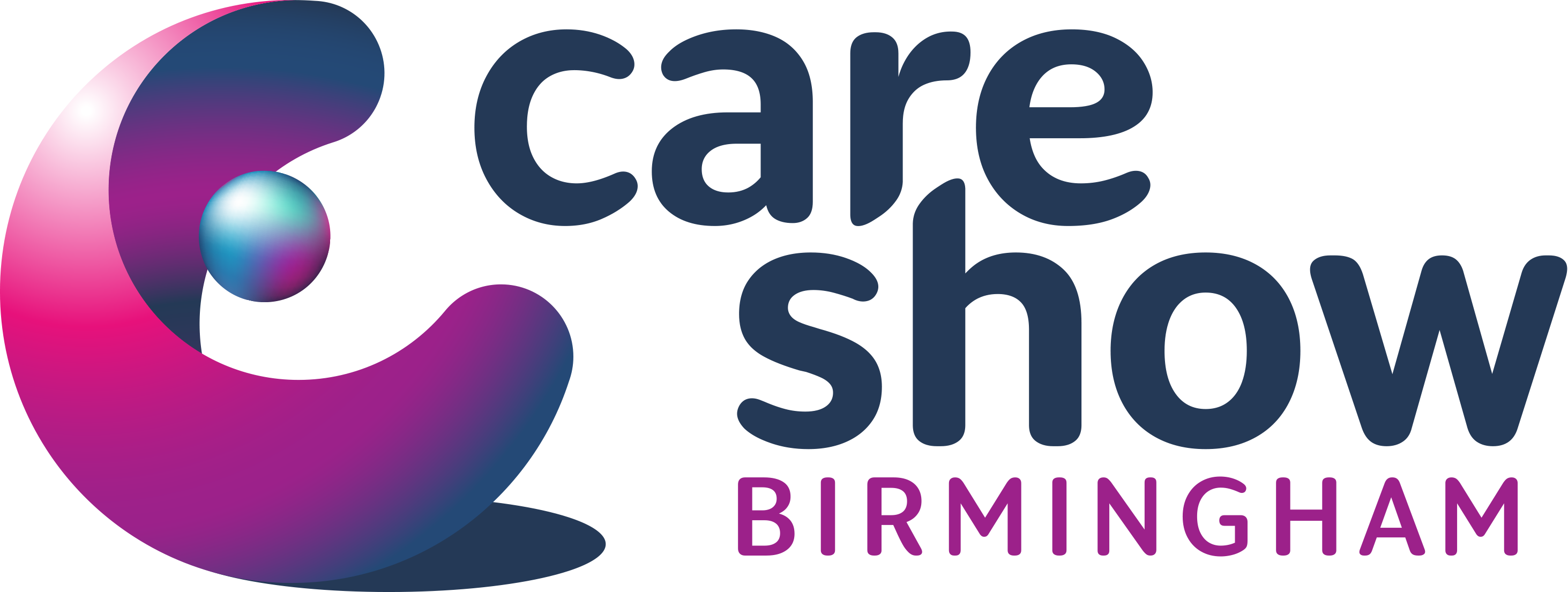Meet the Speaker with Chris Watson
)
Welcome to our newsletter series: ‘Meet the Speaker’ where we’ll be interviewing members of our speaker line-up for Care Show Birmingham 2025. It’s a chance to get to know the experts behind all the real insights, experience, and guidance presented at the show.
Can you tell us a bit about your background and how you got started in the care sector?
I first started working in care when I was 18. My first role was in the NHS, supporting people with learning disabilities and to be honest I didn’t go in with a long-term plan; I just really enjoyed it. Over time, I managed supported living services, moved into commissioning roles, and eventually into more strategic work. But everything I do now is still grounded in that early experience of working directly with people and families; understanding what good support looks like, and how much of a difference the right relationships and choices can make.
What’s the focus of your presentation at this year’s conference, and why is this topic important right now?
The focus of my presentation this year is on personal budgets and technology-enabled care, and how we can use them together to support people to live more independent and connected lives. I’ll be talking about care and direct payments, and how individual service funds can be used to purchase technology that works for the individual, even when it’s not on a local authority’s standard catalogue.
It’s about making sure people know what’s possible, that they can shape their support in ways that work for them, including through creative use of tech. At a time when services are under pressure, it’s more important than ever that we champion flexible, personalised approaches that genuinely make a difference to people’s lives.
What’s one thing you hope attendees will take away from your session?
I hope people come away with a stronger sense that personal budgets, including direct payments and ISFs, can be powerful tools for innovation and freedom. With the right support, people can use them to build solutions that reflect their own routines, strengths and goals. This includes integrating technology in a way that really works for them.
And I hope people feel encouraged to keep asking, “What would this look like if we started by considering the actual needs of this person and what a good life looks like for them?”. Because when we do that, the results are usually better for everyone.
Have there been any recent developments or research in TEC that you find particularly exciting?
There’s a lot happening now: AI, smart home systems, wearable devices, and much of the rest of it have real potential when shaped around someone’s actual life and preferences.
What excites me most is when people adapt things for themselves; when tech becomes part of their everyday life because it fits with what they want to do. That could be something simple like a smart speaker helping someone with routines, or something more complex like a sensor system supporting greater independence. When it’s chosen, understood, and personalised, that’s where you see the real impact.
What’s one misconception about TEC you often encounter, and how do you address it?
One common misconception is that technology is mainly for keeping people safe, but actually, it can be just as powerful for helping people live fuller, more connected lives.
I try to shift the conversation towards opportunity. It’s not about replacing human contact, it’s about giving people more tools to live the way that they want. The right tech, used in the right way, can open up new choices, support routines, and give people more confidence and control over their own lives.
How do you continue learning and evolving in your practice? Are there any books, courses, or mentors that have influenced you recently?
I learn a lot through conversations with families, with disabled people, and with people working creatively in the system. I try to stay curious, and I read quite widely around systems-thinking, co-production and contemporary approaches to good support.
More than anything, I think it’s about listening, staying open to different perspectives, and keeping the focus on what matters most to the person drawing on support.
What do you enjoy most about working in this field?
It’s those moments when you see someone move into a new chapter of their life, whether that’s gaining more independence, being heard properly for the first time, or feeling confident in their choices. I also enjoy helping people find creative routes through tricky systems where a bit of flexibility and the right information can unlock something really positive.
Outside of work, how do you like to unwind or recharge?
I’m really into music and sound so I spend a lot of time listening to albums and disappearing into that world. I love walking and being in the sea (surfing or paddling but only when it's warm!).
Don’t miss Chris’ panel session at Care Show Birmingham, 8-9 October 2025 at NEC, Birmingham. Register now to secure your free pass

